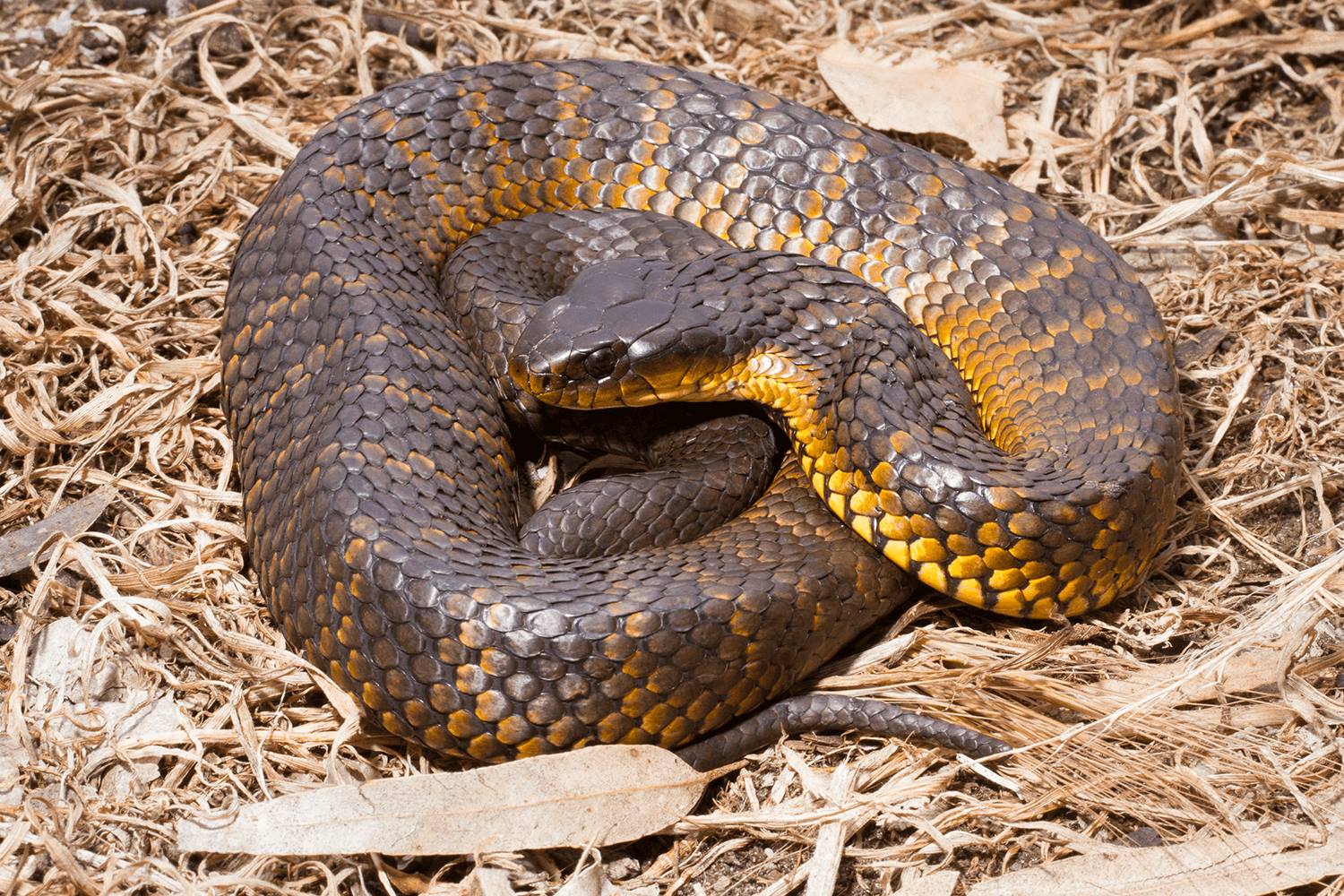As temperatures rise, snakes are emerging from a period of reduced activity.
As temperatures rise, snakes are emerging from a period of reduced activity during winter seeking food and mates. Snakes may be more visible during the warmer months, but it's important to remember that they will generally avoid people.
Abby Smith, Senior Wildlife Projects Officer, from the Department of Energy, Environment and Climate Action (DEECA) said: "Most snake bites occur when people try to capture or kill them. Snakes may defend themselves if they feel threatened. It's best to leave them alone and keep dogs on leads when out walking."
Supervise pets and children closely in areas where snakes are known to occur. Abby Smith says “Talk to kids about snake safety; what to wear, staying on the path and not putting your hands in long grass, under rocks or tin.”
Please remember:
- snakes present little or no danger to people when left alone
- wear long pants and proper shoes, carry your mobile and snake bandages when in the bush
- keep your pets away from areas with snakes
- if you suspect your pet has been bitten, seek veterinary attention immediately
- maintain lawns and clean up around your house - snakes are attracted to shelter such as piles of rocks and timber, sheets of metal, and building materials
- untidy bird aviaries may attract rodents, which snakes eat; clean up after your birds
- don’t attempt to capture or harm snakes; instead call a licensed snake catcher
- if someone is bitten, call 000 immediately
Snakes are protected under the Wildlife Act 1975, and capturing, harming, or killing them is illegal.
You can report wildlife crime to Crime Stoppers Victoria on 1800 333 000.
For more information contact DEECA on 136 186.
For essential snake bite first aid information, visit Snake Bite First Aid Tips
